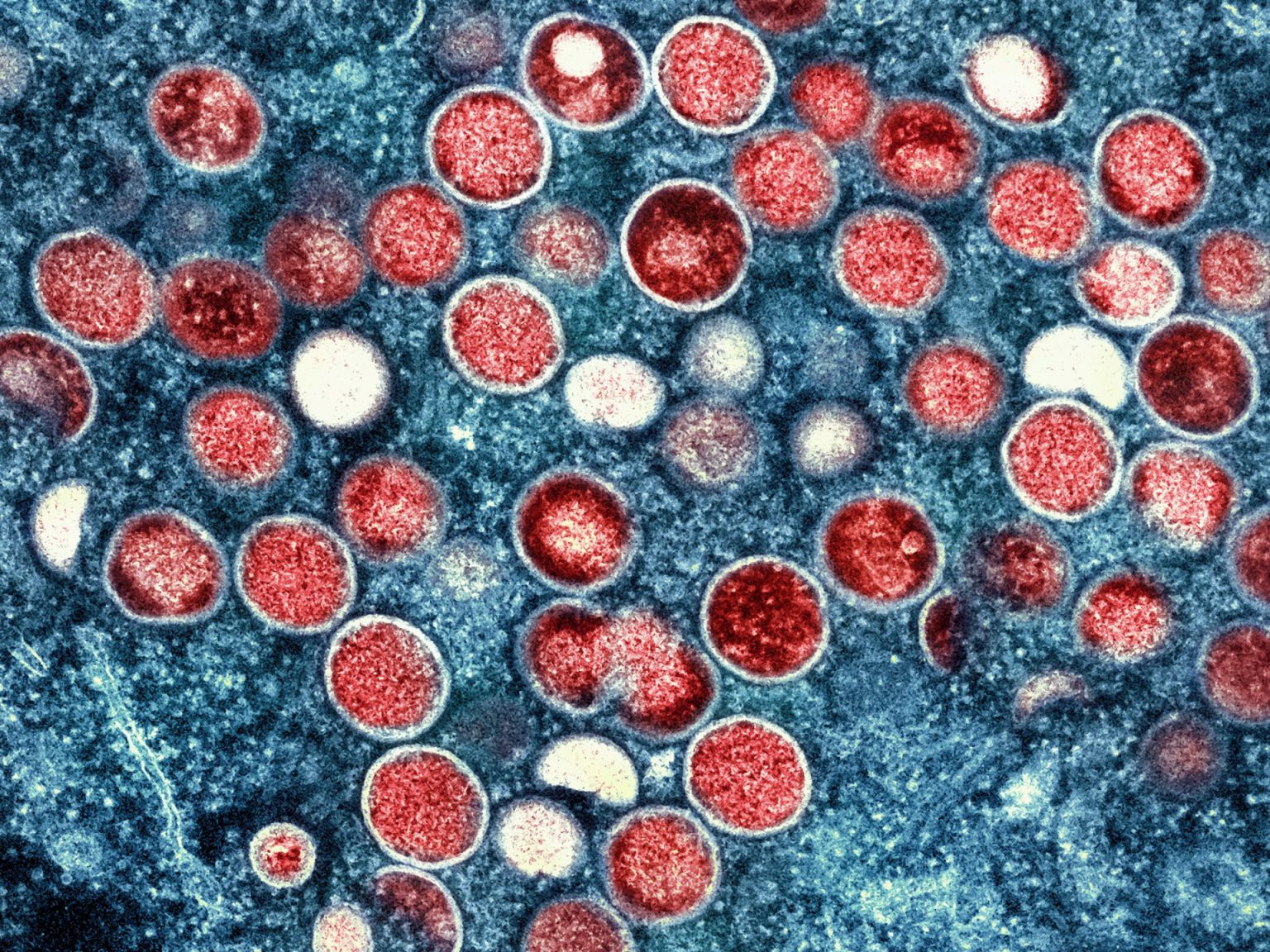Mpox has once again been declared a global health emergency as cases continue to rise across the African continent and the risk of spread to other continents looms large. The World Health Organization (WHO) has issued its highest level of alert for the viral disease, surpassing last year’s figures with more than 14,000 cases and 524 deaths reported in Africa. The Centers for Disease Control and Prevention (CDC) in Africa also declared mpox a public health emergency, highlighting the seriousness of the situation.
Mpox is a viral infection that primarily affects humans and animals and belongs to the Orthopoxvirus genus, causing pox-like disease with a rash and raised bumps on the skin, filled with fluid or pus. Originating in monkeys in 1958, the virus can also infect rodents and humans, leading to its renaming to mpox in 2022 to reduce stigma associated with monkeys. The disease was first reported in a human case in 1970 in the Democratic Republic of Congo and is similar to other poxviruses such as cowpox and vaccinia.
The mpox virus is transmitted to humans through close contact with infected animals or individuals, typically through bites, scratches, or contact with infected body fluids. Human-to-human transmission can occur through direct contact with skin lesions, respiratory droplets, or prolonged face-to-face contact. The virus enters the body through broken skin, respiratory tract, or mucous membranes, leading to symptoms such as fever, headache, muscle aches, and a distinctive rash that eventually forms pustules and scabs.
Mpox has been declared a global health emergency due to the emergence of a new variant and cases being reported in several countries for the first time, such as Kenya and Rwanda. The WHO Director-General expressed concern for the further spread of the disease within Africa and beyond, leading to the emergency declaration to mobilize resources and spur action. While the emergency status was lifted in May 2023 after cases declined, the recent surge in cases across Africa has warranted a renewed alert and response from global health authorities.
The spread of mpox has been detected in at least 13 African countries, with cases up 160 percent compared to last year and deaths increasing by 19 percent. The majority of cases have been reported in Congo, where a new variant causing milder symptoms and lesions on the genitals has been identified. The risk of global spread increases as the virus spreads more widely in Africa, with the current outbreak being fueled by a more deadly clade I variant that has not yet been reported outside the continent.
While there are no approved treatments or vaccines specifically for mpox, the antiviral drug tecovirimat and the smallpox vaccine JYNNEOS are being studied and used for severe cases. However, access to rapid diagnosis and appropriate treatments remains a challenge in African countries where the virus is spreading, highlighting the need for increased surveillance and resources to combat the outbreak effectively. Vaccination and isolation measures have been recommended by health authorities to prevent further spread of the disease and protect vulnerable populations.


